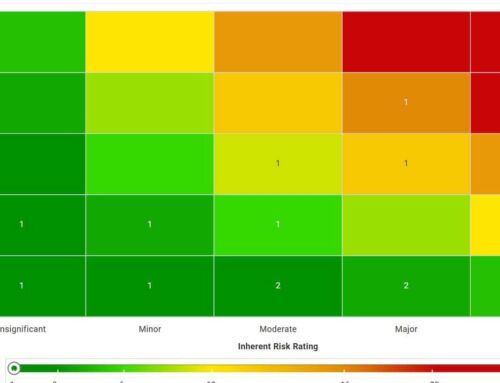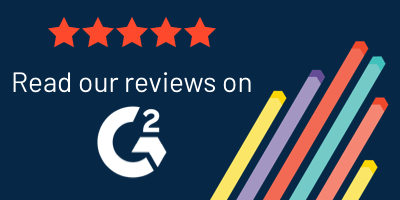Understanding the essence of Why
Lessons from a former auditor, Part I
Recently my kids brought home their latest round of school pictures and they turned out better than I could have hoped (mainly because they favor their mother). I used to pride myself on my ability to avoid becoming emotional about my kids getting older, but as they’ve entered adolescence that has completely gone out the window. My kids are currently in eighth and sixth grade, and although it sounds a bit cliche, time is going too fast. I look at these mini, soon-to-be-adults and I can’t help but immediately picture them as four-and-two-year-old cuties, and remember our times of games and songs and books and blankies and the like.
One of the trustiest defense mechanisms I rely on to bat away the onslaught of emotion that I experience at such times is that I am a realist. I know full well that our brains help us by filtering out the bad memories to the greatest extent possible. Not that I have bad memories of my kids per se, but there are things about parenting toddlers and preschoolers that I am in no hurry to revisit. Tantrums, diapers, non-adult senses of humor, whining and all the other stuff that I happily left in the past (OK, they still whine a bit, but at least I can reason with them now). Plus, I love the people they are becoming—it really is exciting to see them blaze their own trail. So it’s not so much sadness as melancholy—a touch of sad with a dose of sweet happiness.
There is one particular characteristic that the little version of my kids possessed that I have tried to nurture and foster as they’ve grown older: the value of understanding “why.” To some, the constant barrage of “why” questions from their kids is irritating, but to me it was my very favorite thing about having those youngsters in my house. The concept of “why” is rooted in learning. When you ask this question, you are seeking to gain knowledge, perspective, understanding—you simply want to figure it out. When my kids asked me “why,” my brain snapped into action: here is an opportunity to fill their heads with information and help them through that critical learning process.
My career learning process was rooted in the internal audit profession, and frankly I am a better professional and even a better person for having had that experience. The entire concept of internal audit is rooted in “why.” To be cliche again, I wish I had a nickel for every time one of my coworkers or I asked a “why” question. Our primary goal was to understand the purpose of the things that were happening around us, and this is still the role of internal audit departments today. It’s evident in virtually every facet of organizations:
The IIA Standards set expectations that auditors exercise independence and due professional care in their work—one cannot exercise due professional care without a healthy dose of curiosity
Internal audit’s risk assessment process helps professionals gain a more complete understanding of the environment in which they operate—gathering bits and bytes of data and information helps internal audit determine where their services are best leveraged
During an audit project, the first goal is to deeply understand the areas under review—this can only be accomplished by actively seeking information from those in the know and craving a full understanding of the situation at hand
When issues are discovered, internal audit must have the ability to articulate why those issues matter to the organization—without that they won’t have the ability to achieve buy in from management as to the importance of the work they do
While strides have been made in accepting and appreciating the work that auditors perform, there are always hurdles to effectively performing this work—not everyone appreciates internal audit’s curious nature, and not everyone is so willing to guide them down their path. But if there’s one thing I know about internal auditors, these hurdles are worth jumping over, steering around or plowing through. They understand the “why” of their role and know exactly why it is meaningful. Like my kids, I truly hope this never changes.
About the author
Jason Rohlf
Vice President at Onspring
20 years internal audit & GRC experience






